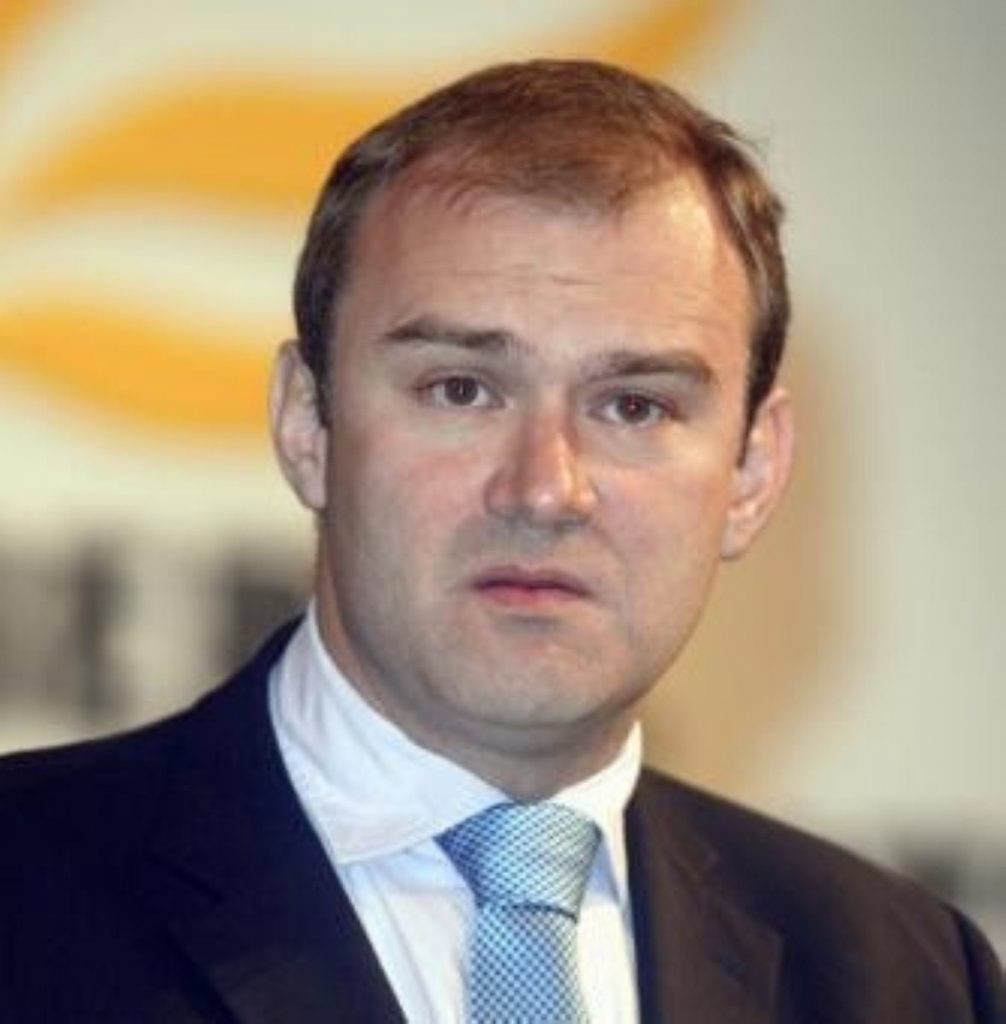Lib Dems claim support for local income tax
The Liberal Democrats have claimed that a report from a leading think tank backs its case for a local income tax.
Though the Chartered Institute of Public Finance and Accountancy’s (CIFA) report does not explicitly call for a local income tax (LIT), it concludes it is a “serious option.”
The Liberal Democrats’ local government spokesman, Edward Davey, said: “While CIPFA hasn’t adopted the Liberal Democrat model of local income tax, this is still a major step forward for our campaign.”
“CIPFA’s latest research on local income tax once again confirms this as a viable, fair and practical alternative to council tax.


“On this issue, the local elections will give the public a chance to send a clear message to the Government.”
Neither the Labour Party or the Conservatives back a radical change in the local tax system.
The chief executive of the CIPFA, Steve Freer, said: “There is no doubt that LIT is a serious option. However, it would take considerable time – probably around four years – to make all of the necessary preparations for its successful implementation.
“It ranks alongside localisation of the business rate as one of the very few practical options which really could shift the centre/local balance of funding significantly in favour of stronger local sources of funding.”
Mr Freer however said that any new taxation model should be simple as it is “critically important that, as individual taxpayers, we can see and understand clearly how much we are paying and to which local authority.”
CIPFA suggests that rather than scrapping the council tax, as the Liberal Democrats argue for, LIT would supplement the existing tax system.
Explaining, Mr Freer said: “National income tax rates could be lowered at the margin, creating the opportunity for a modest local income tax to be levied by larger, multi-service councils. Both income taxes – local and national – would be deducted from our pay packets and, for efficiency, collected through the Inland Revenue.
“The council tax would continue to operate alongside LIT with the result that local government would be able to raise a significantly larger proportion of its resources locally, reducing dependence on funding from Government.”
The Liberal Democrats argue that council tax is an “unfair tax” and unfairly penalises those on fixed and low incomes.

